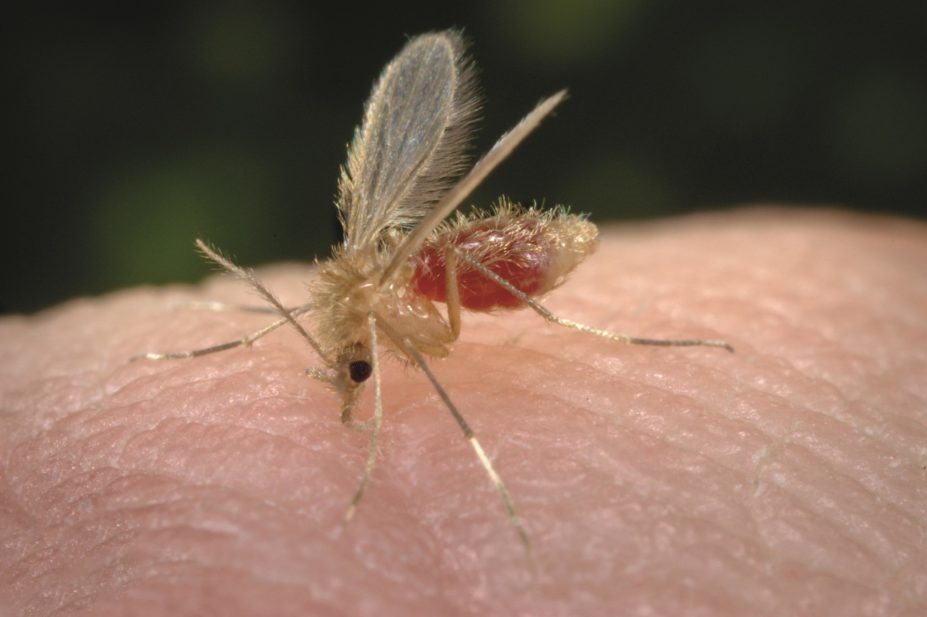
James Gathany / CDC
Leishmaniasis is an infectious disease that affects more than 12 million people and is spread in the bites of sandflies carrying Leishmania parasites. Infected people often recover and are subsequently resistant to reinfection, suggesting vaccination is feasible, but efforts have so far failed to yield a vaccine that gives long-term immunity.
A team of international researchers report that they have identified a cross-species Leishmania antigen called PEPCK that induces a robust immune response in both mice and humans. In mice, vaccination with PEPCK led to long-lasting protection against two different Leishmania.
Writing in Science Translational Medicine (online, 21 October 2015)[1]
, the researchers say the finding raises the “real possibility” of developing a cross-species vaccine against the disease.
References
[1] Mou Z, Li J, Boussoffara T et al. Identification of broadly conserved cross-species protective Leishmania antigen and its responding CD4+ T cells. Science Translational Medicine 2015;7(310):310ra167. doi:10.1126/scitranslmed.aac5477


